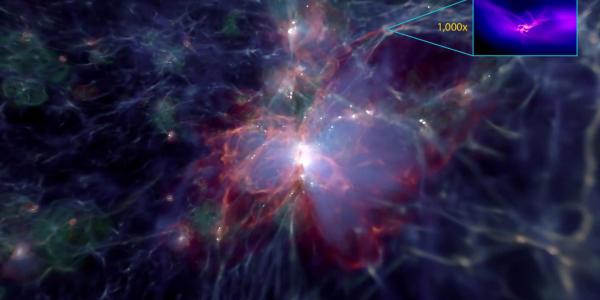Implications of chiral EFT truncation errors for neutron star properties
Recent advances in neutron star observations have the potential to constrain the properties of strongly interacting matter under extreme conditions that are otherwise difficult to access in experiments. At the same time, chiral effective field theory (EFT) has developed into a powerful theoretical framework for studying nuclear interactions and nuclear matter properties with quantified uncertainties in the regime of astrophysical interest for modeling neutron stars. In the era of multimessenger astronomy statistically meaningful comparisons between nuclear theory predictions and observational (as well as experimental) constraints on the nuclear equation of state (EOS) are essential.
In this lunch seminar, Drischler will show how Bayesian methods combined with systematic EFT calculations of the nuclear EOS allow us to efficiently quantify and propagate theoretical uncertainties to derived quantities such as the speed of sound. In particular, he will discuss the BUQEYE collaboration's recent statistical analysis of the nuclear EOS based on high-order calculations in many-body perturbation theory and its implications for neutron stars properties.

